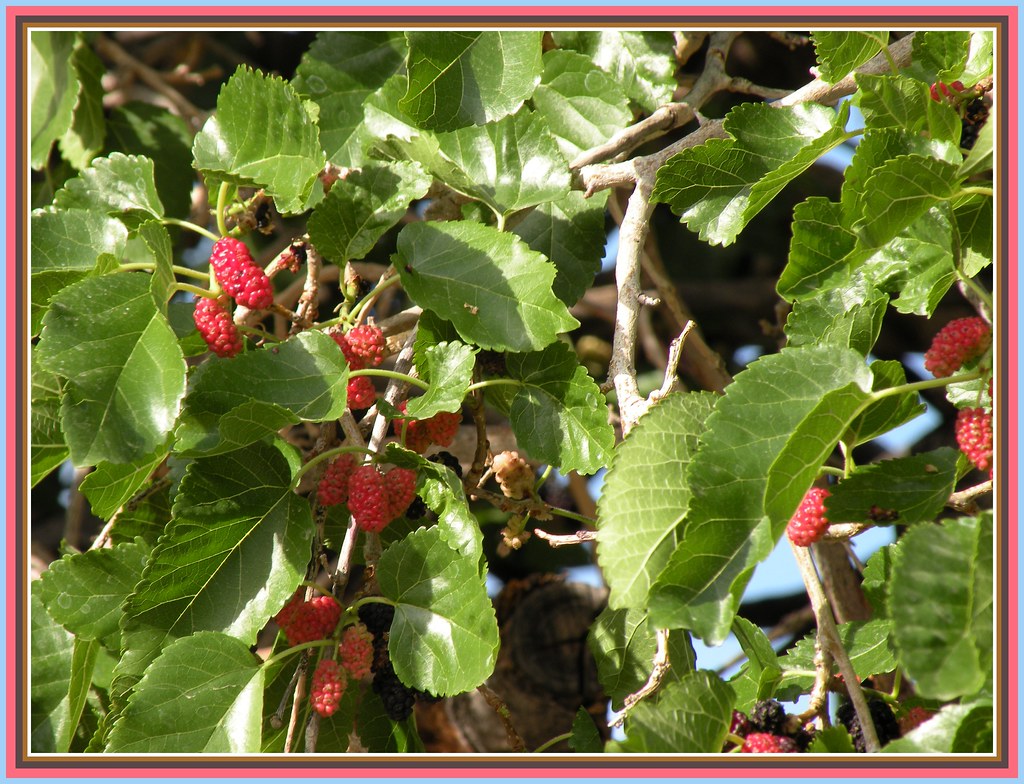Mulberry nurseries to support silkworm growers in Tripura amid pandemic

- Country:
- India
The Tripura government is setting up mulberry nurseries to support silkworm growers who have lost their livelihoods during the pandemic, an official said on Sunday.
The farmers are engaged on wages in setting up the nurseries and when saplings of mulberry plants grow, those will be distributed among them, said Tapan Chandra, the district sericulture development officer of Sepahijala.
The Sericulture Department is setting up such nurseries across the state, he said.
In Sepahijala, the nurseries are being set up on 12 acres of land in four clusters -- Bishramgaj, Takarjala, Kathalia, and Nalchar, Deb said.
The district authorities are targetting new mulberry plantation on 180 acres of land, benefitting 350-400 farmers under the Intensive Bivoltine Sericulture Development Project, he said.
At present, the process for the selection of beneficiaries is underway, he said.
''Mulberry leaves are a key component for silkworm farming. We are creating nurseries to assist the private growers,'' the official said.
''We also supply silkworms and provide other supports for the rearing of silkworms. Once the worms start pupating in their cocoons, the cocoons are collected and sent to the reeling center for further processing,'' he added.
In the process -- from mulberry nursery to post-production of silk thread, a large number of people, including women, get livelihood opportunities at different levels, he said.
So far, 4 mt cocoons were produced in the state till June and the growers earned Rs 13.50 lakh from a single crop, officials said.
In Sepahijala, 17 farmers were engaged in creating nursery beds, but indirectly hundreds of growers were being benefited because of this initiative, Deb said.
Marketing is not a problem for the silkworm growers, because they don't need to go to markets to sell their produce, he said.
''They grow silkworms with assistance from the government and directly sell the produce to the government,'' he said.
''During the pandemic, the project was a major boost to their livelihoods and the state government is encouraging more farmers to take up silkworm cultivation,'' the official said.
(This story has not been edited by Devdiscourse staff and is auto-generated from a syndicated feed.)
- READ MORE ON:
- Sepahijala
- Kathalia
- Nalchar
- Tripura
- Bishramgaj
- Takarjala
- Tapan
ALSO READ
WB: Tripura CM Saha campaigns for Sukanta Majumdar, BJP candidate from Balurghat LS constituency
"If PM Modi returns to power, elections will be replaced with selections": Tripura LoP
"We are very upset": Newly settled Bru migrants respond to protests by locals in Tripura
Left parties teamed up with Congress to save democracy, says Tripura opposition leader
Tripura: 'Suspected' smuggler shot dead, another injured in BSF firing in Sepahihala










